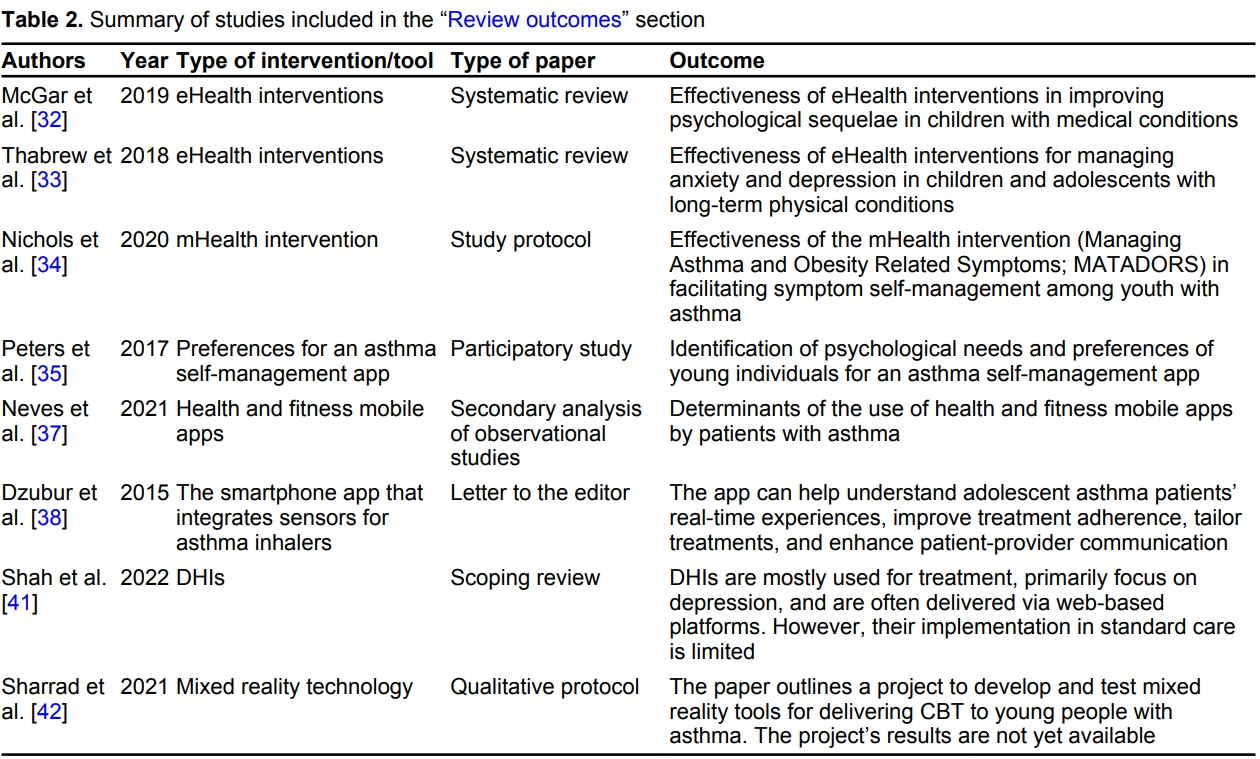
Telepsychiatry in Low-and Middle-income Countries: an Update
Guest Editor
Subho Chakrabarti E-Mail
Professor at Department of Psychiatry, Postgraduate Institute of Medical Education and Research (PGIMER), Chandigarh, India.
Research Keywords: bipolar disorders; telepsychiatry; caregiving; treatment adherence; liaison psychiatry
About the Special lssue
The burden of mental illnesses and substance use disorders is disproportionately high in low- and middle-income countries (LAMICs). Moreover, up to 90% of the individuals with mental disorders in need of treatment do not receive proper mental health care. A lack of economic resources and trained manpower, inequitable distribution of resources, social challenges including stigma, discrimination, poverty, and lack of political will to prioritize mental health care are the primary reasons for this large treatment gap. Telepsychiatry or tele-mental health care is a viable means of augmenting conventional health services, which struggle to meet the demands for treatment in LAMICs.
Telepsychiatry primarily seeks to increase access to treatment for patients with psychiatric disorders, particularly those from remote, rural, and underserved areas. Additionally, it provides high-quality, evidence-based treatment available in specialist centres to those who do not have access to such care. Telepsychiatry has some added advantages such as overcoming the barriers of distance, costs, delays in treatment, stigma, and disengagement or treatment non-adherence. A large body of accumulated evidence, primarily from high-income countries indicates that telepsychiatric care is similar in efficacy to conventional care. However, the development of telepsychiatry in LAMICs has always lagged behind high-income countries. because of unawareness, resource constraints, and negative attitudes among patients and providers. Though there has been an upsurge in telepsychiatric services in these countries during the pandemic, there are still large gaps in the delivery of these services. The only remedy to this situation is further research on telepsychiatry from LAMICs. Therefore, this special issue welcomes all types of articles including reviews, opinion pieces, original studies, and case reports on telepsychiatry in LAMICs. The articles could be on telepsychiatry’s role in the assessment and treatment of psychiatric disorders, the feasibility of implementation of telepsychiatric services, or policy decisions relating to telepsychiatry in LAMICs.
Keywords: telepsychiatry; tele-mental health care; low- and middle-income countries; treatment; implementation
Published Articles
